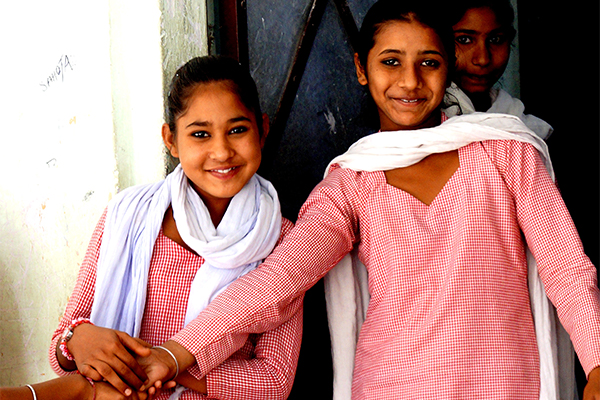AYSRH Toolkit
Advocating for Youth-Friendly Cities- Home
- Help and Support
- Close
- Toolkits
- Global Toolkit
- AYSRH Toolkit
- Hub Toolkits
- Core High-Impact Practices
- Gender Essentials Mini Course
- Close
- Resource Collection
- Community of Practice
- Coaching
- Log In/Register
- My Profile
- English

© 2007 Felix Masi, Courtesy of Photoshare
Advocacy refers to the process of increasing support and building a favorable environment for a particular issue – in this case, the sexual and reproductive health of youth residing in poor urban areas. TCI coaches local government partners on the following proven strategies for advocating for youth-friendly cities:
- Promoting a positive legal and policy environment that recognizes the sexual and reproductive health and rights of youth
- Engaging a wide range of partners to ensure effective mobilization and use of limited resources in AYSRH programming
- Fostering a safe and supportive environment for AYSRH programming that in turn allows for demand generation activities that link youth to contraceptive services
- Elevating youth issues, ensuring their meaningful participation and engagement at multi-sectoral government and community meetings
Building successful advocacy strategies requires in-depth knowledge of context, partnerships, SMART (specific, measurable, achievable, realistic and time-bound) objectives, knowledge of decision-makers, a solid work plan and budget, and a clear set of indicators for measuring success. Some advocacy goals are achievable in the short or medium terms (e.g., increasing support for comprehensive sexuality education among teachers), while others require long-term investments (e.g., changing a policy).
Many tools exist to help advocates undertake step-by-step planning for encouraging action to prevent early pregnancy and poor reproductive outcomes among youth, in particular adolescent girls, as well as helping young people advocate for themselves for improved health and well-being. This Toolkit section focuses on the strategies listed above.





